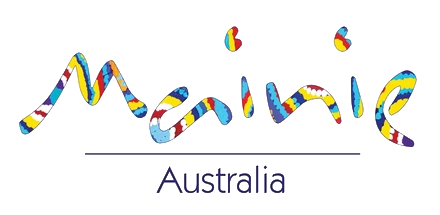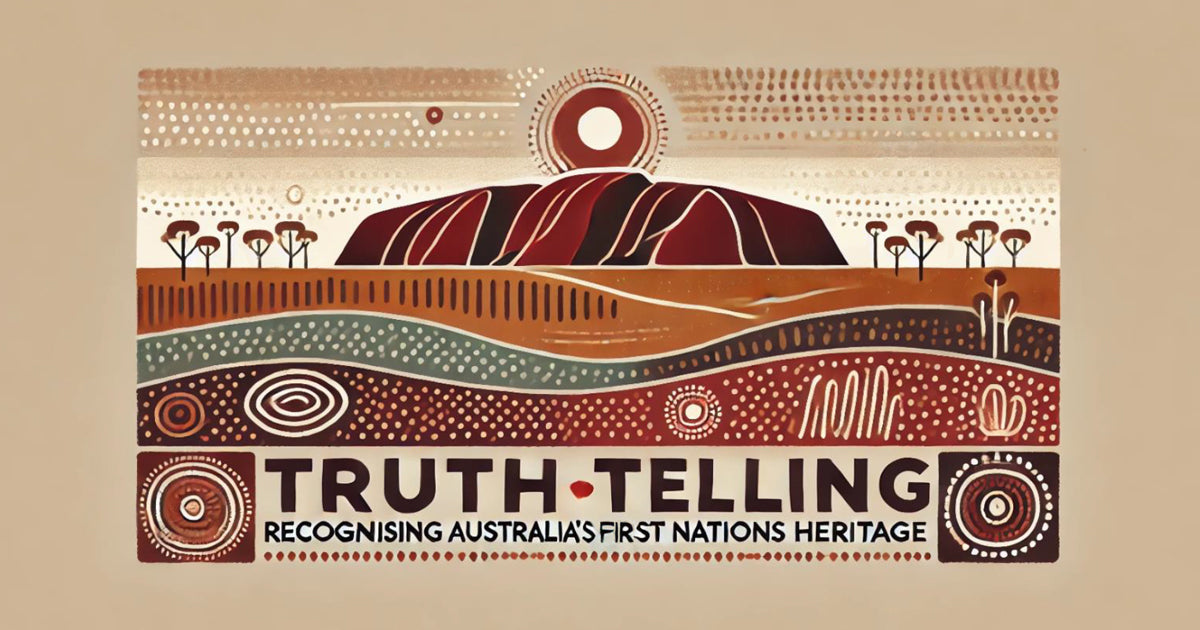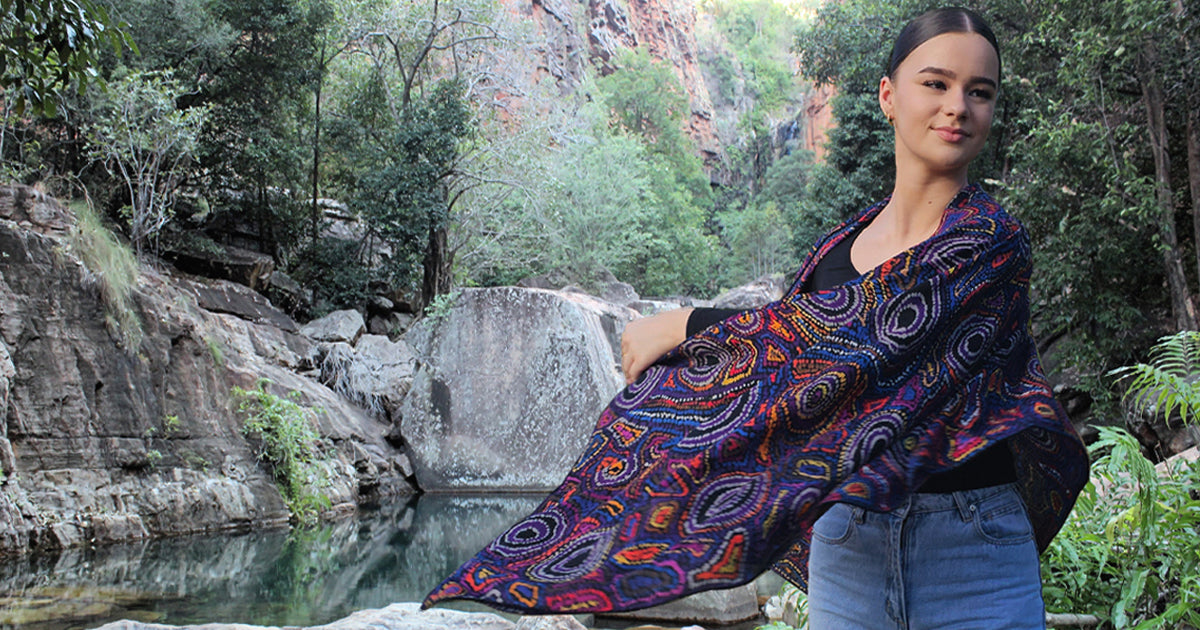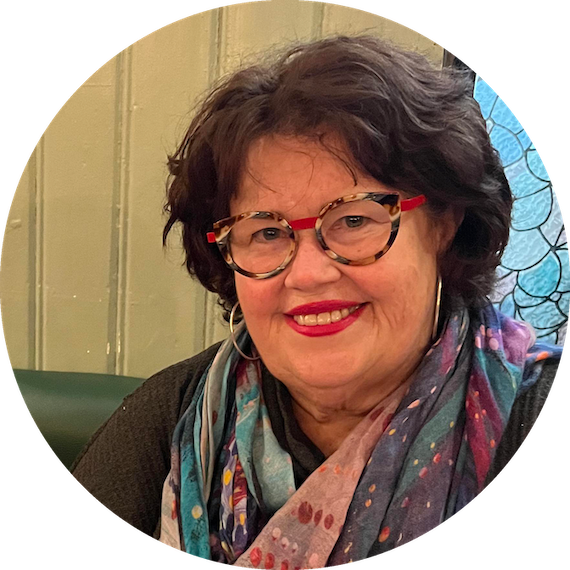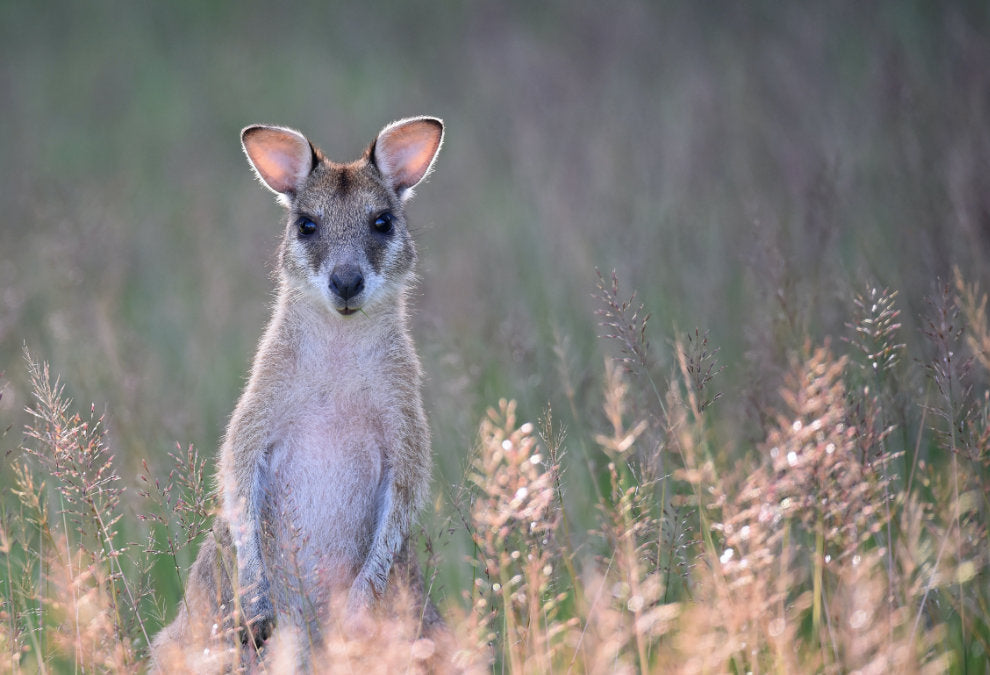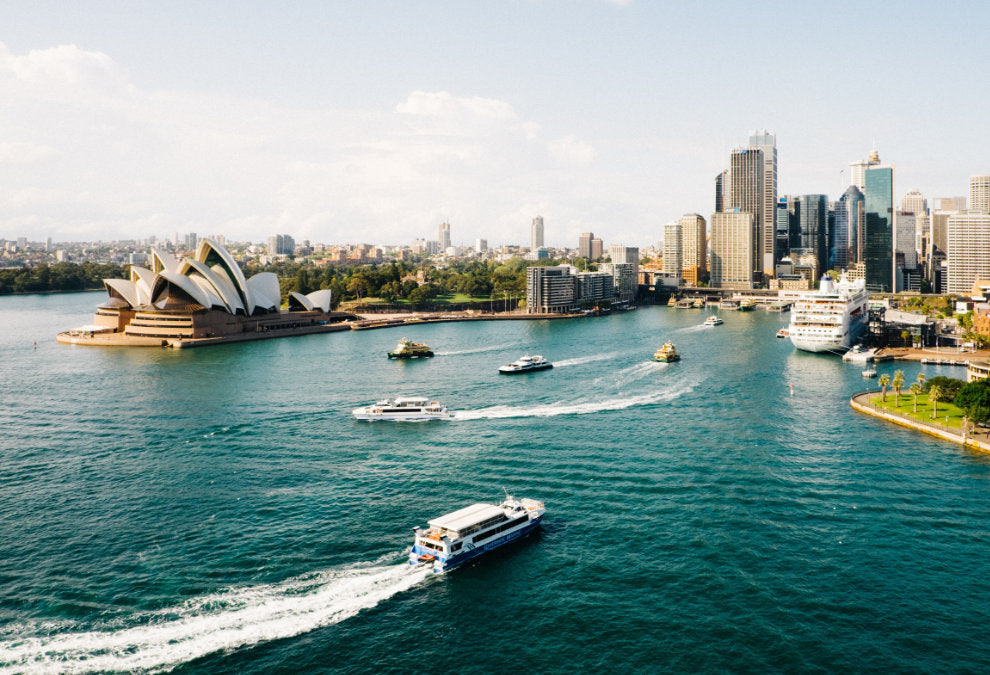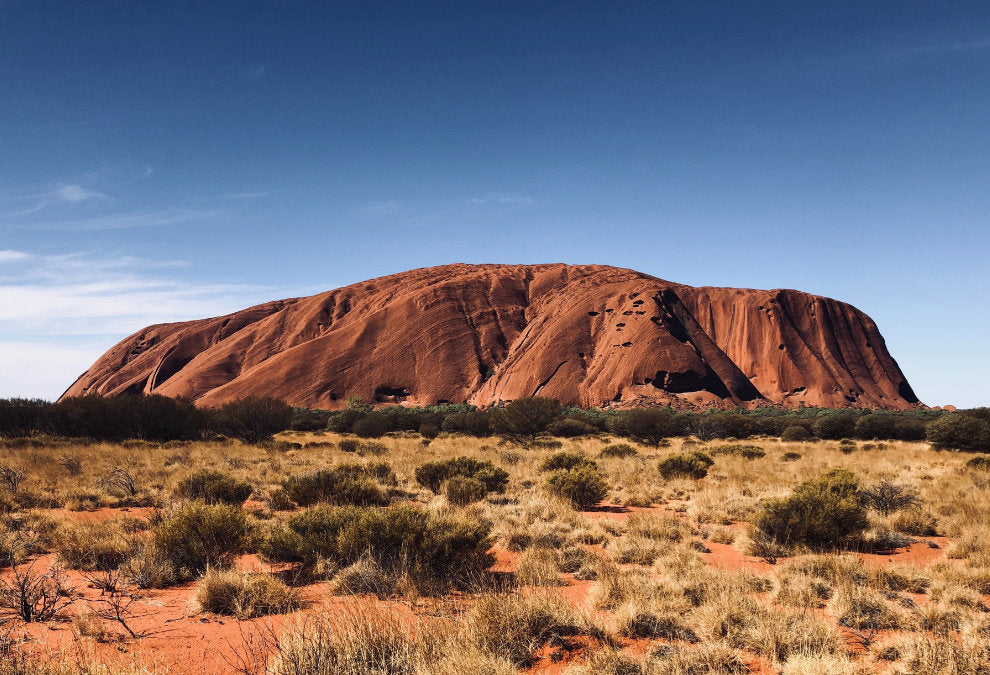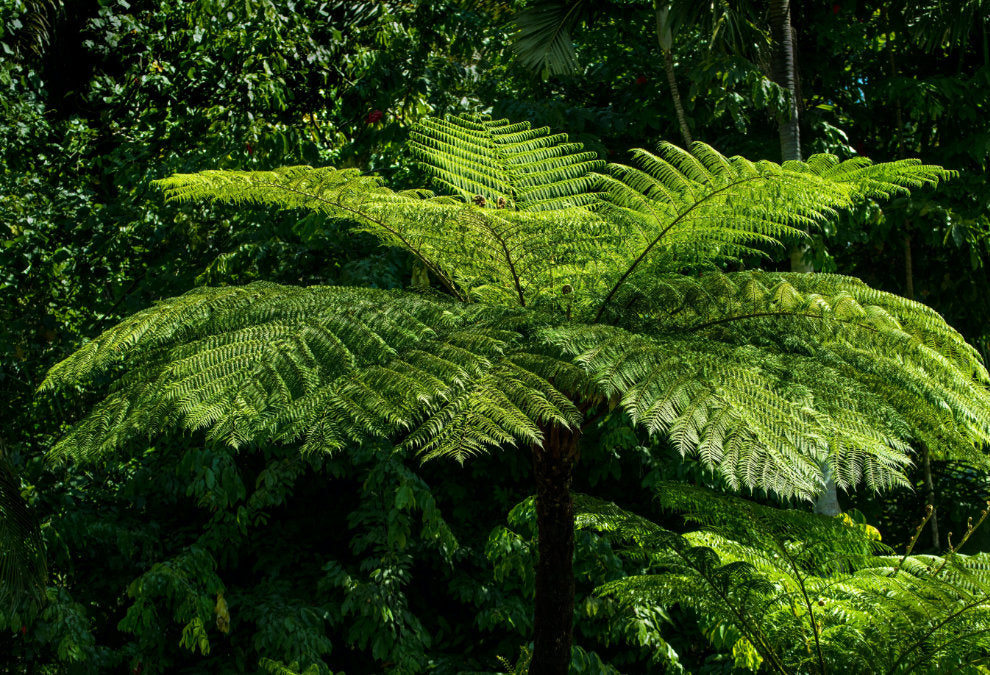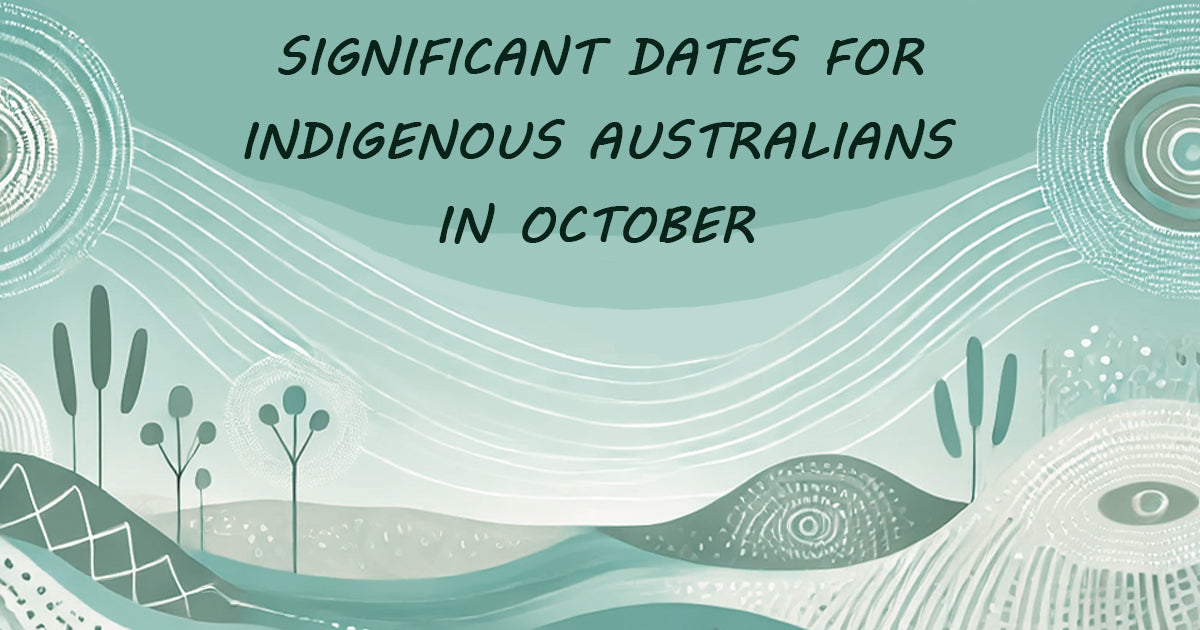
Significant Dates for Indigenous Australians in October
October is a month of profound significance in Australia’s history. For Indigenous Australians, it is marked by pivotal moments that reflect both the tragedies of colonisation and the ongoing fight for rights, recognition and justice.
This month we remember key historical events – from massacres and acts of resistance to landmark reports, ceremonies of recognition and the lives of trailblazing leaders – that continue to shape our national story.
The Genocide Against the Yeeman People: Hornet Bank Station (1857)
On 27 October 1857, the Hornet Bank Station attack took place near the Dawson River in Queensland, becoming one of the most tragic episodes of the frontier wars.
Members of the Yeeman (or Jiman) people, driven to desperation by years of dispossession and violence, raided the station, resulting in the deaths of eleven people, including eight members of the Fraser family.
The retaliation was swift and brutal. Led by William Fraser, settlers, vigilantes and Native Police carried out a campaign of mass reprisals. Over the following months, hundreds of Yeeman men, women and children were killed in what was effectively an attempt to annihilate them as a people.
Though records are scarce due to the devastation, Yeeman descendants continue to identify as part of the Jiman Nation today, working to reclaim language, traditions and cultural identity that colonisation sought to erase.
The Cullin-la-Ringo Massacre and Reprisals (1861)
On 17 October 1861, Aboriginal resistance fighters of the Gayiri people attacked Cullin-la-Ringo Station near Springsure in Central Queensland, killing nineteen people – the largest single loss of colonist lives in the frontier wars.
The attack was a direct response to the violent invasion of their traditional lands. The reprisals that followed, however, were catastrophic. Colonial forces, vigilantes and Native Police massacred an estimated 370 Gayiri people in the weeks that followed.
Despite this devastation, the Gayiri people remain the Traditional Owners of the Springsure region, and their descendants continue to strengthen cultural identity and connection to Country through local initiatives, language revival and community leadership.
Handback of Uluru-Kata Tjuta (1985)
On 26 October 1985, a landmark ceremony took place when Governor-General Sir Ninian Stephen handed the deeds of Uluru-Kata Tjuta National Park back to the Anangu traditional owners.
The Anangu then signed a 99-year lease with the Australian Government, ensuring the park would remain jointly managed. This handback was a pivotal recognition of Indigenous custodianship and continues to stand as a symbol of cultural survival and resilience.
The “Bringing Them Home” Report (1997)
On 8 October 1997, the Bringing Them Home report was tabled in the Australian Parliament. Produced by the Human Rights and Equal Opportunity Commission, it documented the devastating impact of policies that forcibly removed Aboriginal and Torres Strait Islander children from their families – the Stolen Generations.
Drawing on testimonies from over 500 Indigenous Australians, the report revealed the depth of trauma caused by these removals and called for an official apology, reparations and comprehensive support services.
The apology finally came on 13 February 2008, when Prime Minister Kevin Rudd acknowledged the profound grief, suffering and loss inflicted by these policies. Yet many of the report’s recommendations remain unfulfilled, highlighting the ongoing need for justice and healing.
The Voice Referendum (2023)
On 14 October 2023, Australians voted in a referendum to enshrine an Indigenous Voice to Parliament in the Constitution.
The proposal was defeated, a result that deeply disappointed many Indigenous leaders who saw the Voice as a step towards genuine recognition and self-determination. Its failure raised pressing questions about the nation’s willingness to confront historical injustices and support meaningful structural change.
Milestones for Prominent Indigenous Australians in October:
Born
- David Gulpilil (1 October 1953): A Yolngu actor, dancer and cultural ambassador who brought Indigenous stories to international audiences through iconic films such as Walkabout and Crocodile Dundee.
Died
- Vincent Lingiari (21 October 1988): Gurindji elder and leader of the 1966 Wave Hill Walk-Off, a watershed moment in the land rights movement.
- Eddie (Koiki) Mabo (29 October 1992): Torres Strait Islander activist whose tireless campaign led to the Mabo Decision, overturning terra nullius and recognising Indigenous land rights.
Conclusion
The events of October remind us of the resilience and strength of Indigenous Australians amidst a history marked by violence, dispossession and struggle.
From the tragedies of the frontier wars to the milestones of recognition, from the testimonies of the Stolen Generations to the leadership of visionaries like Lingiari and Mabo, October’s stories underscore the importance of truth-telling and justice.
Acknowledging this history is not about looking back with sorrow alone; it is about ensuring a future where Indigenous voices, rights and cultures are respected at the heart of Australia’s identity.
